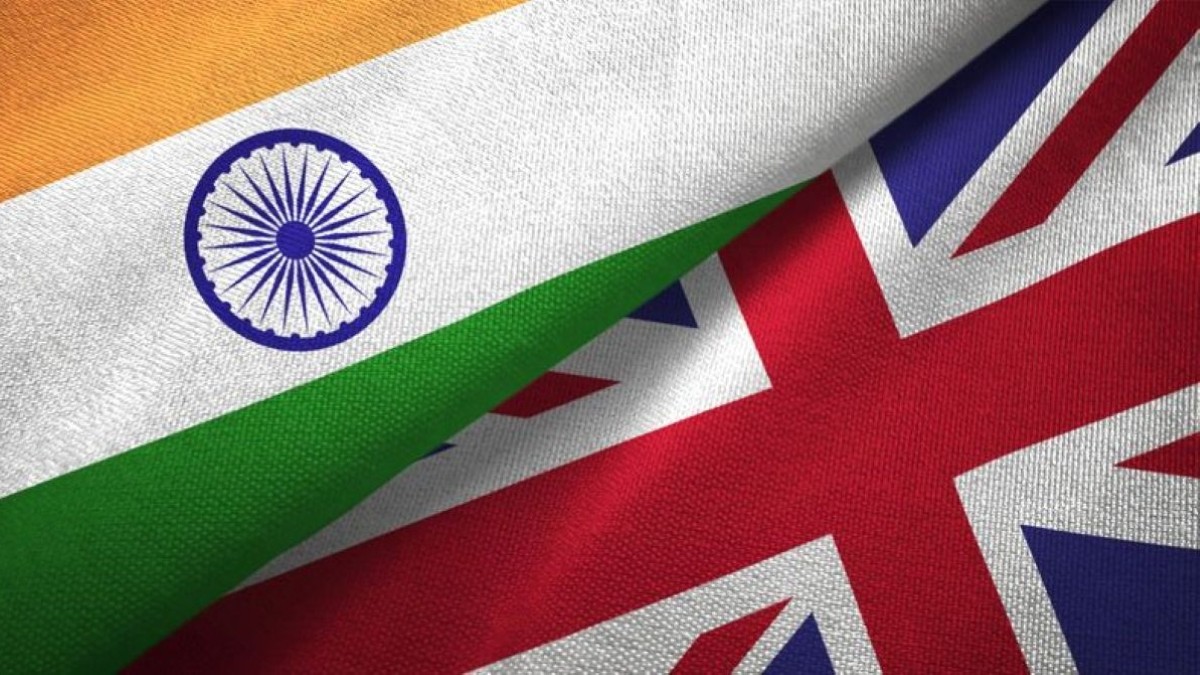In a world struggling to redefine fairness and dignity in labour, the recent UK-India trade agreement is a stark reminder of how easily governments can dress exploitation in the language of diplomacy. Touted as a mutually beneficial deal to boost economic ties, the agreement threatens to become a high-risk framework that devalues human labour and edges dangerously close to institutionalising a new form of slavery.
Behind the buzzwords of “strategic partnership” and “bilateral growth” lies a grim reality: an arrangement that incentivises cheap labour, undercuts workers’ rights, and potentially deepens the global wealth divide. This is not progress. It’s a regression—a glossy cover on an age-old script of imperial economics.
At the heart of the concern is the ease with which the agreement facilitates labour migration without adequate protections. While UK businesses are poised to benefit from a steady influx of low-paid workers from India, the safeguards to ensure fair pay, secure working conditions, and legal support remain alarmingly vague. In sectors like agriculture, hospitality, and care, already notorious for poor treatment, the risk of exploitation is not just a possibility; it is a probability.
India, for its part, sees remittances and employment opportunities. But this bargain comes at a steep human cost. The country exports its youth not with dreams, but with desperation. For many, this agreement offers little more than a passport to precarity—trapped in low-wage jobs with minimal labour rights, far from home, and often silenced by immigration status or debt.
The UK, grappling with post-Brexit labour shortages, has found in this deal a convenient plug. But rather than investing in fair wages and decent conditions to attract domestic workers, the government seems content to turn to a labour pool more likely to accept poor pay and fewer rights. It’s a shortcut that devalues labour and undermines local standards.
Moreover, the historical context cannot be ignored. This deal echoes colonial-era trade practices where the movement of goods and people served the needs of the empire, not equity. The flow of cheap labour from the Global South to serve the economies of the Global North is not a new story—it is one of the oldest.
If the UK and India are truly interested in building a modern, ethical partnership, the terms must change. This agreement must include enforceable labour standards, transparent wage protections, worker representation, and mechanisms to combat abuse. Anything less is a tacit endorsement of exploitation.
Until then, the UK-India trade deal should not be celebrated as a diplomatic success, but condemned as a dangerous pact that risks making modern slavery the price of globalisation.

